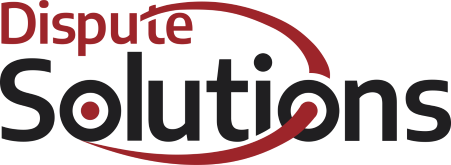How does SODR compare with Expert Determination and Arbitration processes?
Again, we say it’s a better process – for the right parties, and the right sort of dispute:
- SODR resolves disputes quickly and informally, through facilitated discussions and negotiations. It only becomes a determinative process if those conversations fail to produce an agreed outcome.
- Determinative processes can also be managed with commercial level informality, rather than with legal formality (that’s how we run them), but because a Determiner is specifically appointed to make legally binding decisions, the process needs to be considerably more structured, to ensure the fact and the appearance of procedural fairness.
- Both processes can guarantee a final, legally-binding outcome, so parties only have to go through a single process (they agree there’s no right of appeal at the time of the initial engagement).
- SODR uses all the tools available to Mediation, in robustly proactive ways, to guide parties to an agreed solution. Determinative processes can use mediation tools in open sessions, but the Determiner can’t have private sessions with any of the parties in the absence of the other(s) without prior notification and approval.
- All parties are obliged to complete either process, once started. Neither party can bail out unless all parties agree.

